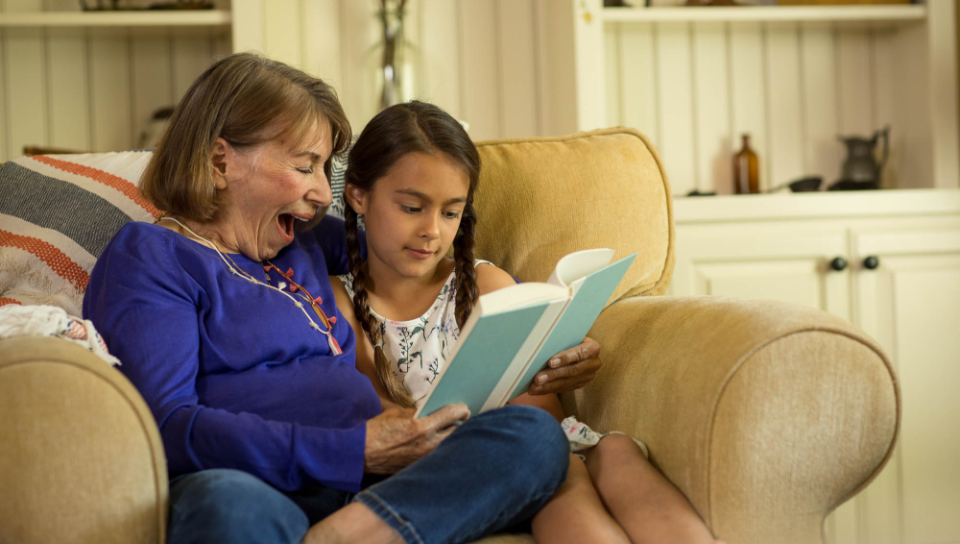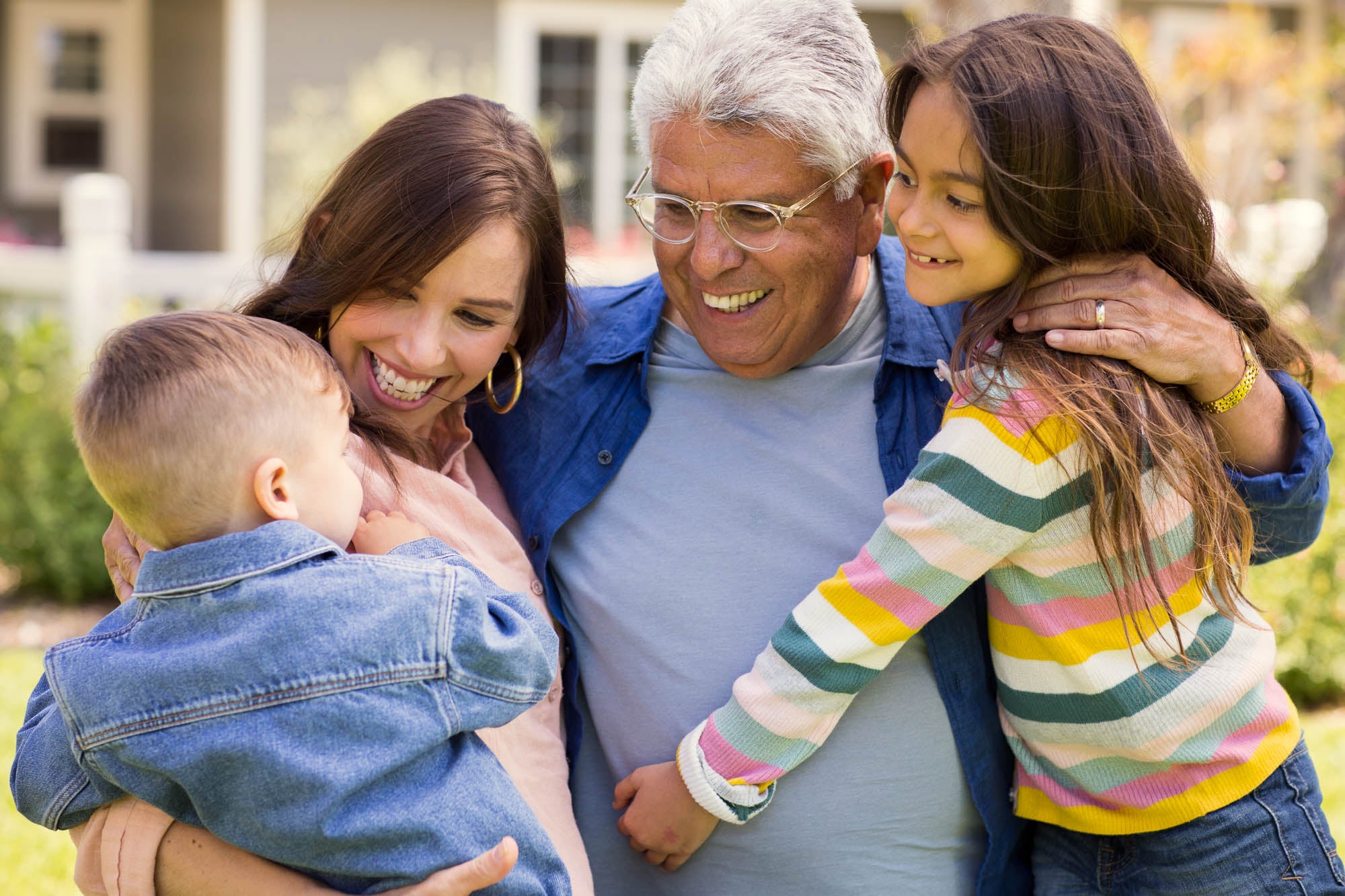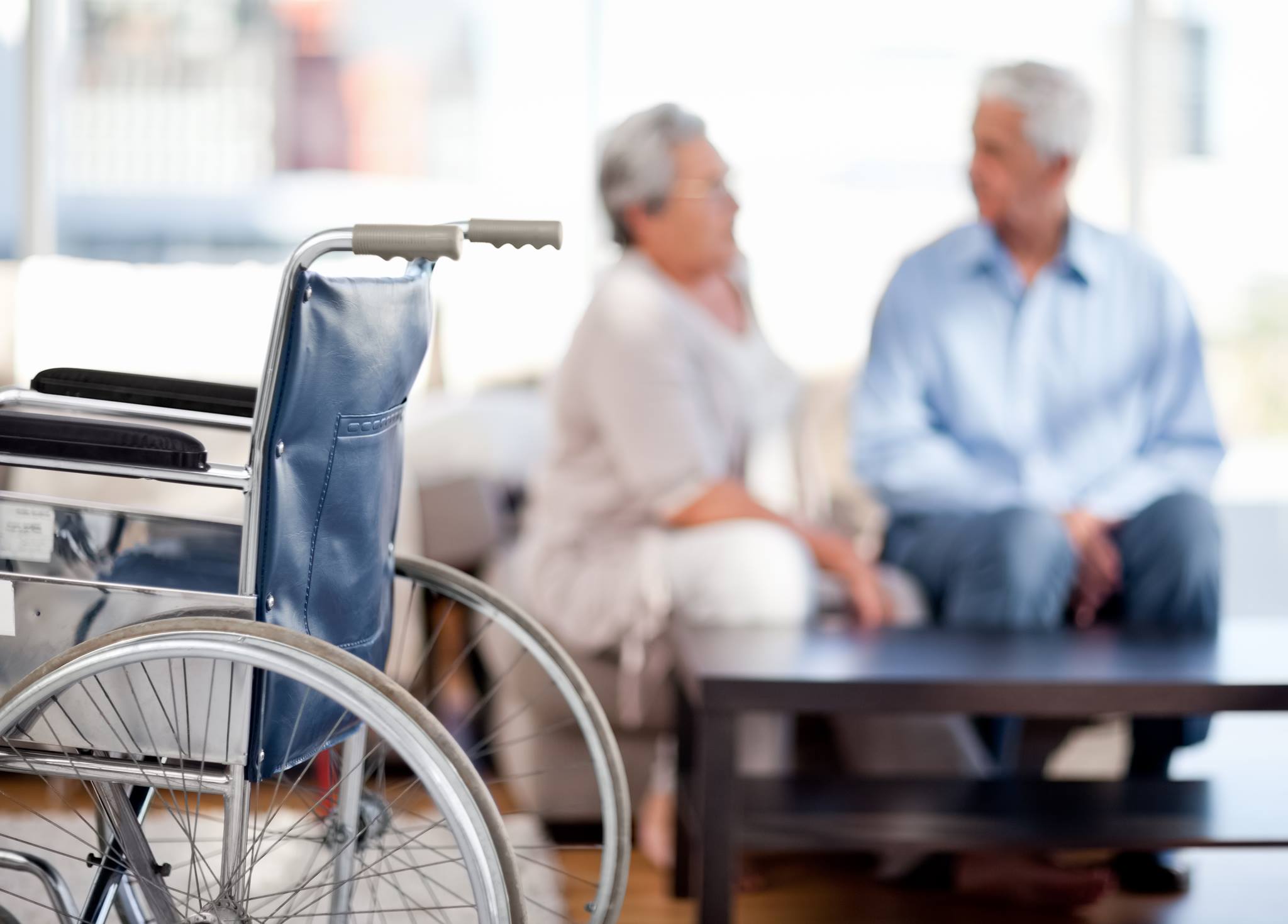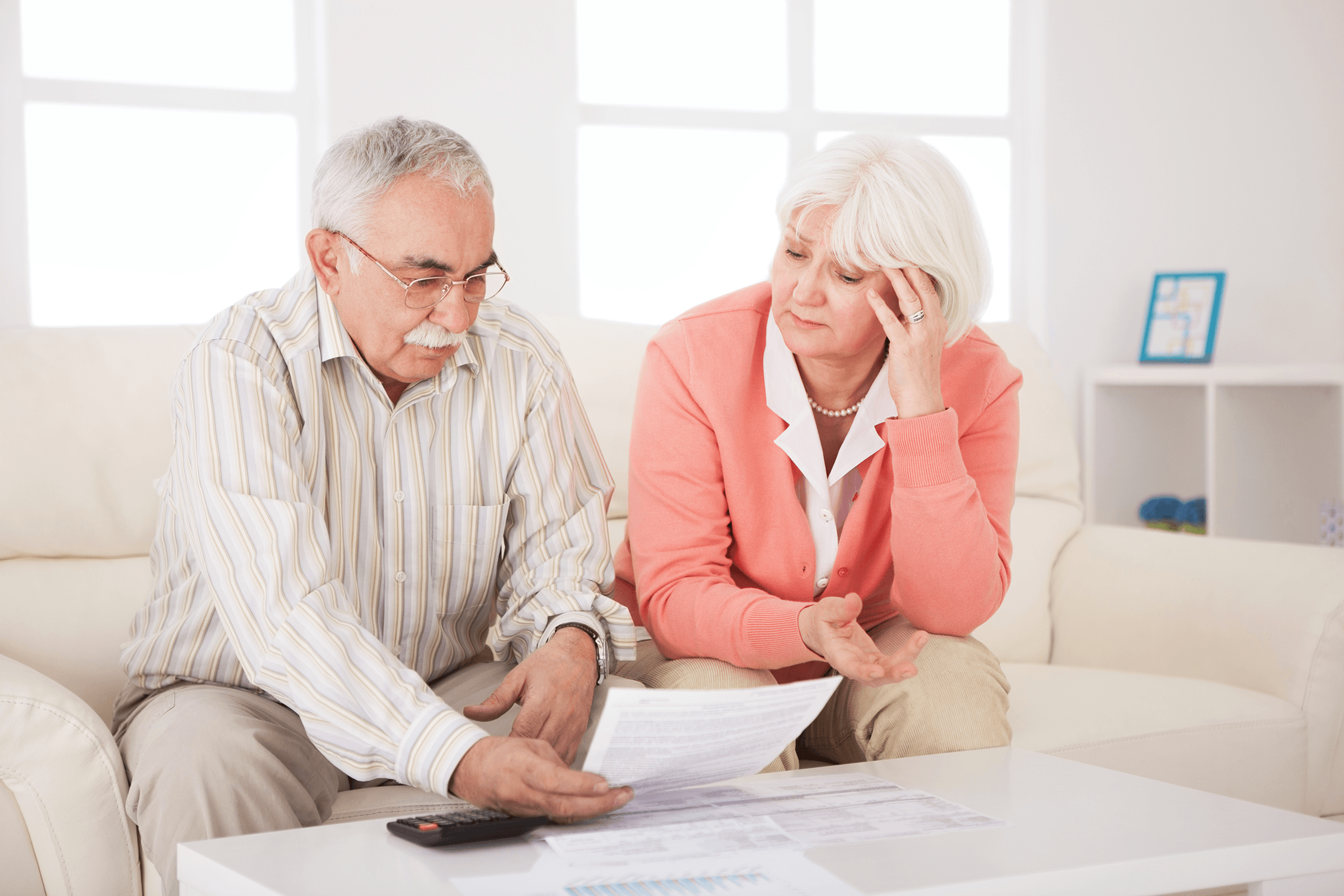The death of a loved one can be a turbulent time for retired widows, both emotionally and financially. For widowed homeowners facing financial uncertainty following a spouse’s passing, a reverse mortgage can potentially help provide some financial peace of mind for a brighter retirement.
In particular, women of the Baby Boomer generation often face retirement struggles that their male counterparts do not encounter. In part, this relates to the fact that women generally live longer than men, 1 and they elected to be “stay-at-home mothers” so they had little or no Social Security contributions to rely on later in life. “In the late 1960s, about half of mothers with children younger than 18 stayed at home full-time, compared with only three-in-ten today.”2
Sobering statistics from the Administration on Aging, U.S. Department of Health and Human Services titled, “A Profile of Older Americans 2016” are as follows:
- The median income of older persons in 2015 was $31,372 for males and $18,250 for females.
- The major source of income at 84% as reported by older persons in 2014 is Social Security.
- Widows accounted for 34% of all older women in 2016. There were more than three times as many widows (8.8 million) as widowers (2.6 million).
How a Reverse Mortgage can Help Empower Widows
Reverse mortgages allow homeowners age 62 and older to convert a portion of their home equity into tax-free* loan proceeds, to be used in a variety of ways. As long as the widow continues living in her principal residence secured by the reverse mortgage, and continues to pay property taxes and homeowner’s insurance, she can continue to receive payment from the reverse mortgage.**
Many reverse mortgage borrowers have used their loan proceeds to pay for things such as in-home care, to supplement cash flow or even purchase a new home. Borrowers can also use the proceeds from a reverse mortgage to pay for ongoing expenses that were once shared by both spouses, such as property taxes, insurance payments, utilities and other home-related costs. By doing so, widowed homeowners can potentially maintain their current lifestyles with this additional source from which to draw funds.
When deciding whether to get a reverse mortgage, it is suggested that borrowers discuss this decision with their family and seek out professional financial assistance to help make the determination that a reverse mortgage is really the right fit for your particular situation.
If you are considering a reverse mortgage and would like to learn more about how this financial product can help support your retirement, contact a Finance of America Reverse mortgage professional today.
1 Mark E. Williams, MD, “Why Do Women Live Longer Than Men?” The Art and Science of Aging Well, Psychology Today. https://www.psychologytoday.com/blog/the-art-and-science-aging-well/201702/why-do-women-live-longer-men February 4, 2017.
2 Gretchen Livingston, “It’s no longer a “Leave It to Beaver” world for American families – but it wasn’t back then, either.” Pew Research Center, Fact Tank, news in the numbers, December 30, 2015.
*Not tax advice. Consult a tax professional.
**The borrower meets all loan obligations, including living in the property as the principal residence and paying property charges, including property taxes, fees, hazard insurance. The borrower must maintain the home. If the homeowner does not meet these loan obligations, then the loan will need to be repaid.
This article is intended for general informational and educational purposes only, and should not be construed as financial or tax advice. For more information about whether a reverse mortgage may be right for you, you should consult an independent financial advisor. For tax advice, please consult a tax professional.















I WANT TO KEEP UP TO DATE ON RETIREMENT TRENDS
Follow Us.